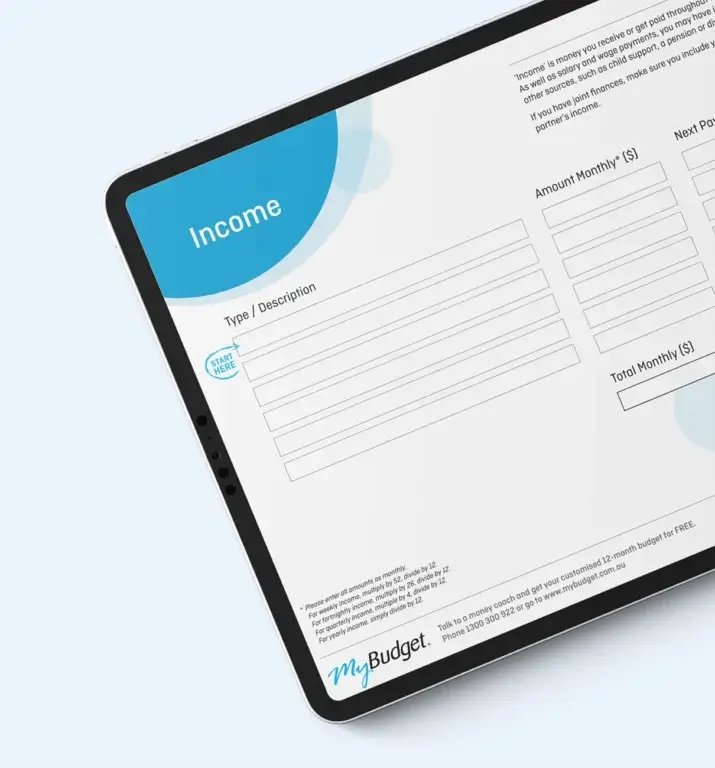
We have been with MyBudget for several years. We have paid off debts, created savings and purchased a home. We have also had numerous great holidays and a quality of life that wouldn’t have happened without the MyBudget forward planning budget.
Ali | MyBudget client









